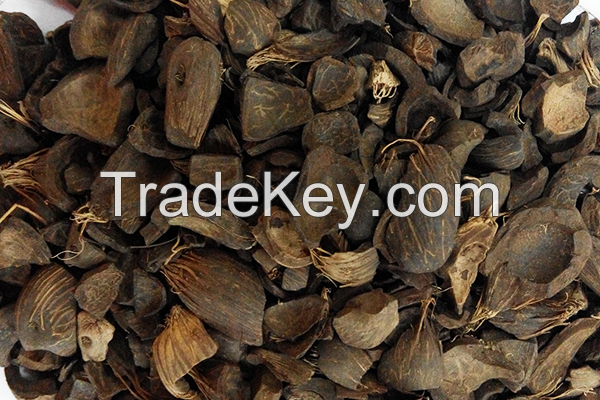
FOB Price
Get Latest Price( Negotiable )
|Minimum Order
Place of Origin:
-
Price for Minimum Order:
-
Minimum Order Quantity:
23 Tonne
Packaging Detail:
SACKS
Delivery Time:
3 WEEKS
Supplying Ability:
100 Tonne per Month
Payment Type:
T/T, L/C, Western Union, Money Gram
Nigeria
連絡先担当者 Ekaete
Lagos, Lagos